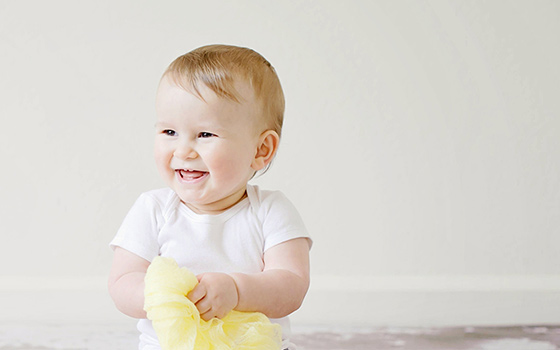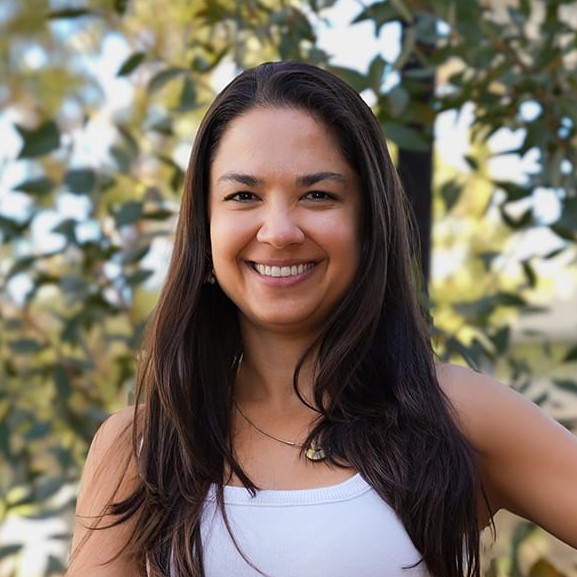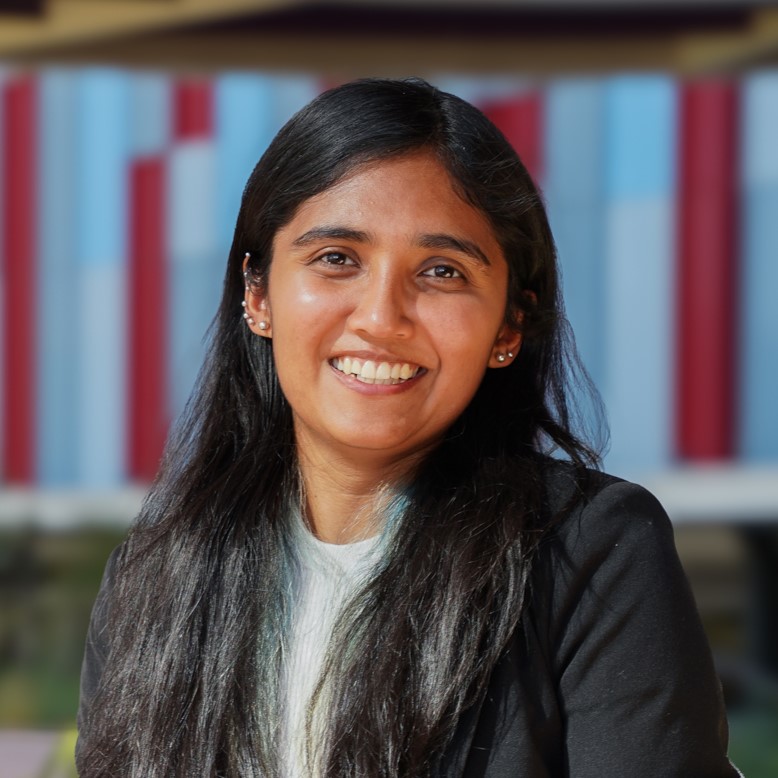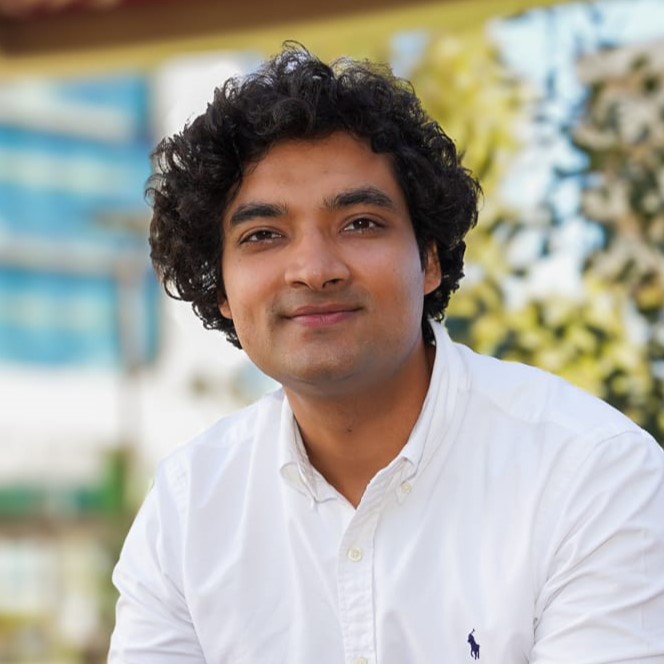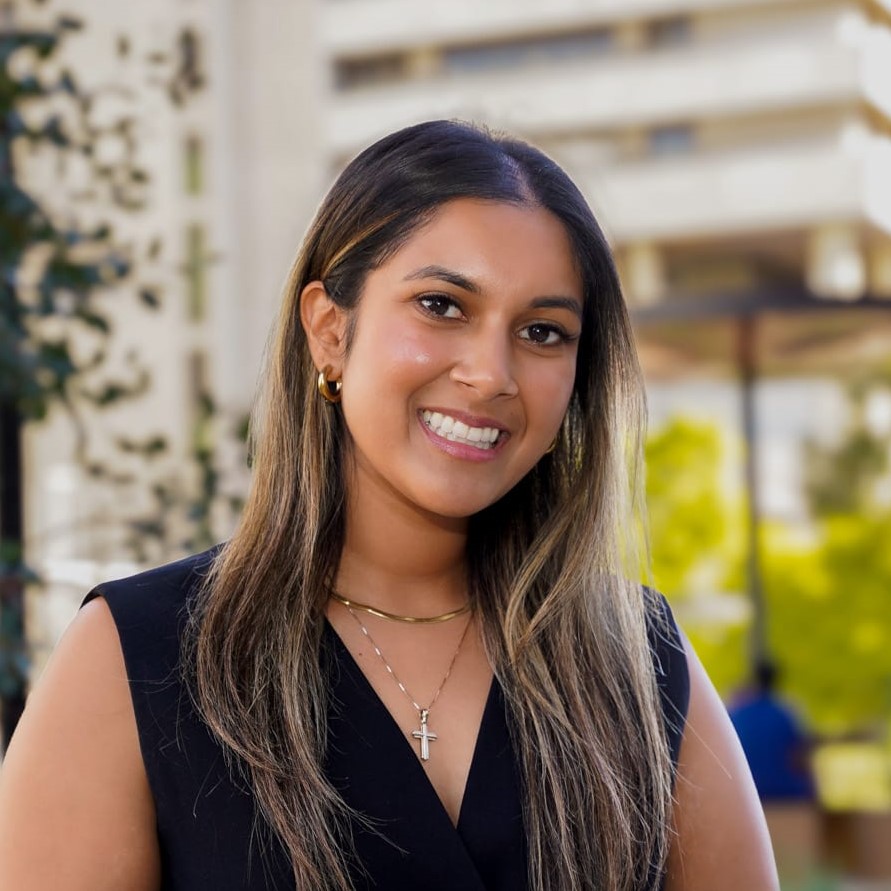Our vision, mission and values
Vision
Making human milk the gold standard for children's immune health.
By this, we mean ensuring that:
- Human milk supports child health on a global scale.
- When suitable, preventive and treatment strategies for children are modeled after human milk.
Mission
Our goal is to build a holistic understanding of how breastfeeding practices and human milk composition influence healthy immune development. This knowledge will enable healthcare providers to make recommendations to parents to improve child health worldwide.
We have three strategic pillars that underpin our mission:
Innovation: We challenge existing dogma to provide newborns with personalised strategies tailored to their developmental age.
Collaboration: We foster collaborative international, multidisciplinary, and translational research to make high-impact discoveries.
Communication: Through a combination of publication in prestigious journals, presentation to a wide audience, and strong consumer involvement, we ensure that our findings reach those who can implement them and benefit communities worldwide.
Our priorities for the next five years...
- Target vulnerable populations
- Bring knowledge on the importance of breastfeeding in healthy skin development
- Promote allergy prevention through Breastfeeding
- Prioritise our partnerships with Asia
Our team values
Through our values of respect, empathy, transparency, and generosity, we are fostering a team culture that celebrates humanity.
We are committed to excellence, learning from the experiences of others, from our mistakes, and always striving to do better.
We prioritise teamwork and interdisciplinary collaboration, ensuring that the serendipitous nature of discovery research translates into impactful, effective solutions for all.
Team leader
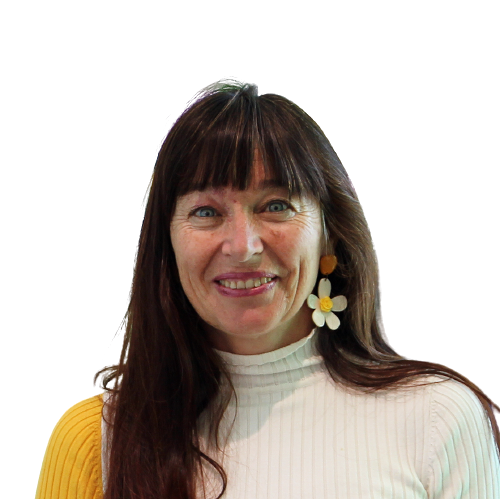
MD, PhD
Team members (4)
Program Manager, Immunology and Breastfeeding
PhD Student
PhD Student
Centre of Immunology and Breastfeeding projects
Featured projects
Colostrum, the missing link for healthy growth
Establishing nutritional protective and risk factors for allergy in early life
Other projects
The milky way to infectious disease prevention
